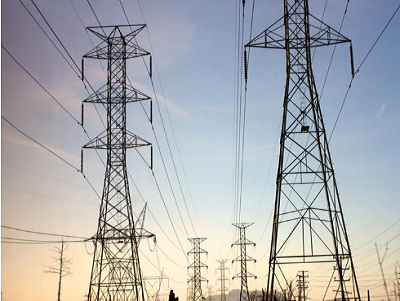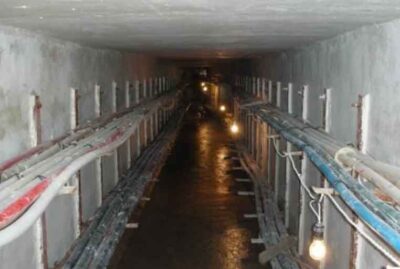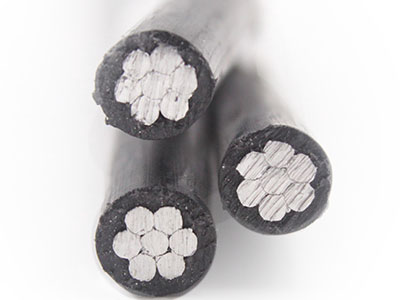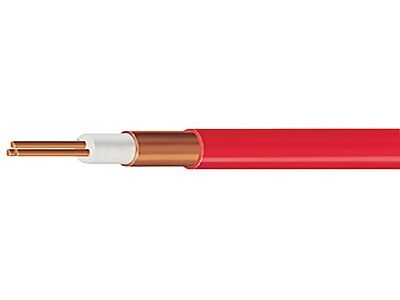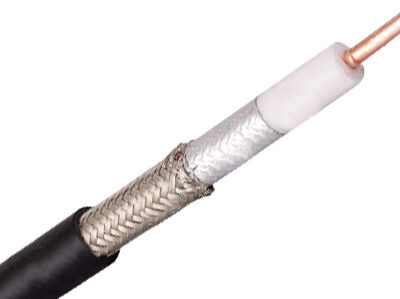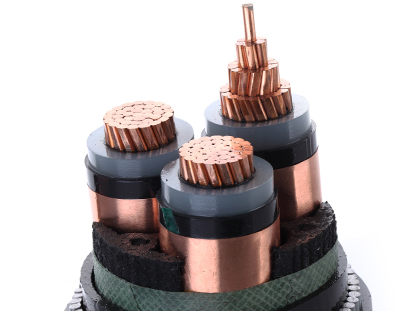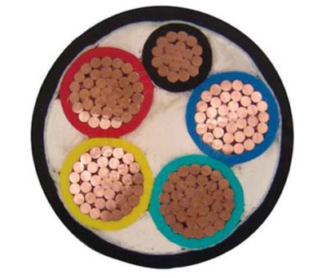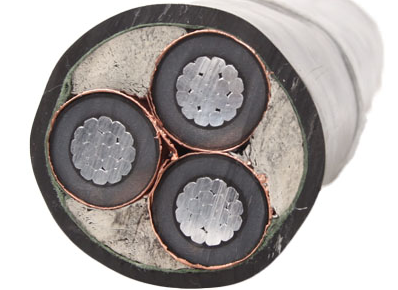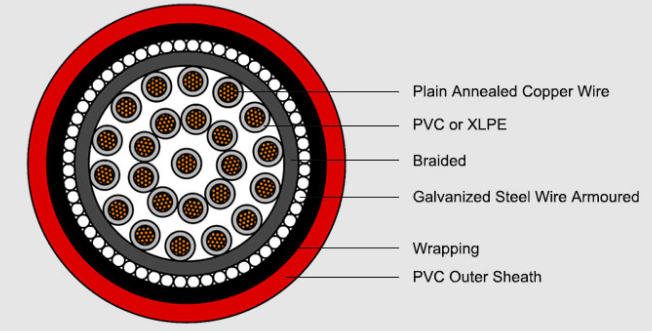Application and Function of Overhead Cable
Overhead transmission lines are generally composed of foundations, towers, hardware, insulators, wires, ground wires (including OPGW optical cables), and grounding facilities. Above the conductors of overhead transmission lines, the power lines erected to avoid direct lightning strikes on the conductors of the transmission lines are both overhead ground wires (referred to as ground wires), also … Read more
